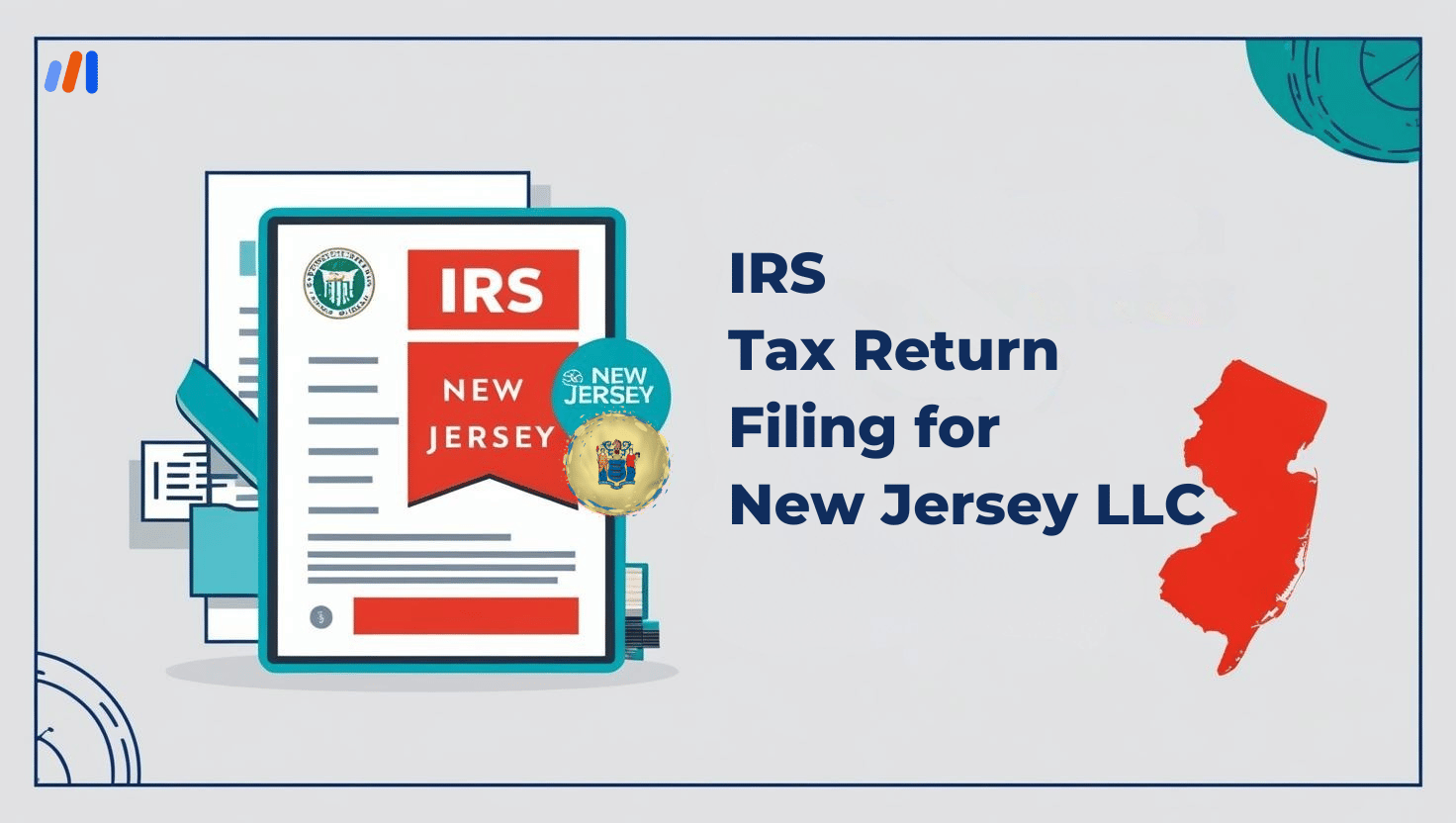In this blog post, we will address a common question among non-US clients: Can they buying real estate in the United States? The answer is yes, but it’s crucial to be aware of the legal and tax implications that come with it. In this article, we will explore the key considerations to help non-US clients navigate the process smoothly.
Legal Issues:
When purchasing US property, the intended use is vital. If the property will be rented or used for vacation purposes, it is advisable to buy through an LLC or a similar entity to protect against legal liability. However, if the property will be used as a personal residence, buying through an entity may not be necessary.
Tax Issues:
Non-US residents may be subject to US tax on two types of income: fixed determinable annual periodical income (FDAP) and income effectively connected to a US trade or business (ECI). FDAP income includes dividends, interest, rents, and royalties, which are subject to withholding tax. ECI income, such as rental income or property sales, is subject to federal income taxes at graduated rates.
Foreign Investment in Real Property Tax Act (FIRPTA):
Under FIRPTA, custodians are required to withhold 15% of the gross proceeds from the sale of US real estate owned by foreign persons. To avoid FIRPTA withholding, it is recommended to purchase US property through an entity or sell the property through a US company.
State Tax Issues:
Non-residents also face estate tax issues, with the estate tax exemption for non-residents being only $60,000 compared to $11 million for US citizens. Holding US assets through a foreign corporation can help mitigate estate tax burdens.
Examples:
To illustrate these concepts, let’s consider the example of Hans, a German citizen who purchases a property in the US. When he sells the property, 15% of the gross sales proceeds are withheld due to FIRPTA. In case Hans passes away, his estate would owe taxes on the value of the US property.
Conclusion:
While non-US clients can indeed buy real estate in the US, it’s crucial to consider the legal and tax issues involved. Understanding the tax implications of rental income and property sales is essential for proper planning. By being aware of these considerations and seeking professional guidance, non-US clients can navigate the process successfully and make informed decisions when investing in US real estate.
Remember, consulting with legal and tax professionals is highly recommended to ensure compliance with all regulations and to make the best choices for your specific situation.
FAQs
Can non-US clients buy real estate in the United States?
Yes, non-US clients can buy real estate in the United States. However, it is important to be aware of the legal and tax implications that come with it.
Should non-US clients buy US property through an entity?
It depends on the intended use of the property. If the property will be rented or used for vacation purposes, buying through an LLC or a similar entity can provide legal liability protection. However, if the property will be used as a personal residence, buying through an entity may not be necessary.
What taxes are non-US residents subject to when buying US property?
Non-US residents may be subject to US tax on two types of income. Fixed determinable annual periodical income (FDAP) includes dividends, interest, rents, and royalties, which are subject to withholding tax. Income effectively connected to a US trade or business (ECI), such as rental income or property sales, is subject to federal income taxes at graduated rates.
What is FIRPTA and how does it affect foreign persons selling US real estate?
FIRPTA stands for Foreign Investment in Real Property Tax Act. Under FIRPTA, custodians are required to withhold 15% of the gross proceeds from the sale of US real estate owned by foreign persons. To avoid FIRPTA withholding, it is recommended to purchase US property through an entity or sell the property through a US company.
What estate tax issues do non-residents face when owning US property?
Non-residents face estate tax issues, with the estate tax exemption for non-residents being only $60,000 compared to $11 million for US citizens. Holding US assets through a foreign corporation can help mitigate estate tax burdens.









